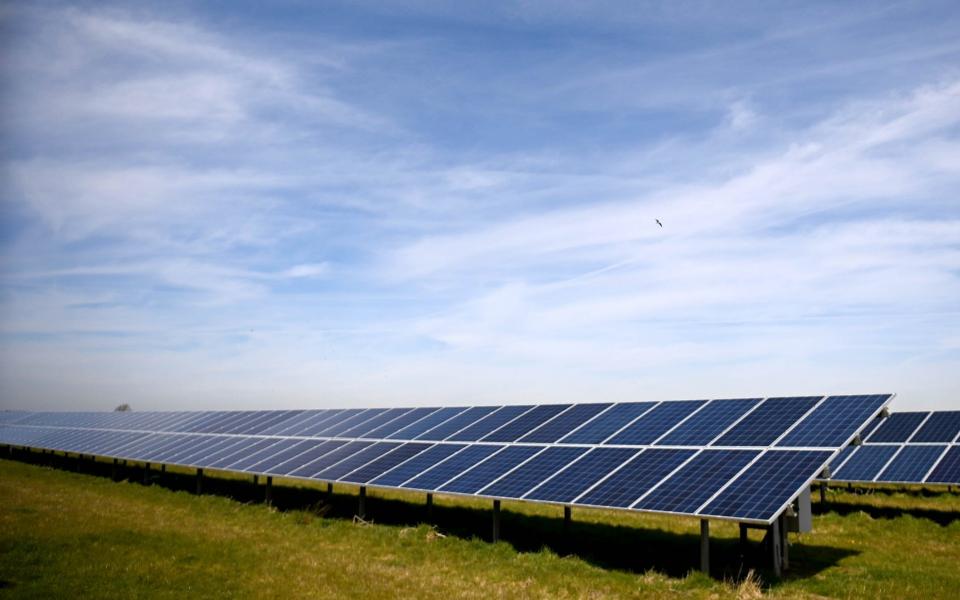London offices to be powered by Devon sunshine

London offices are to be powered by Devon sunshine after corporate landlord Workspace Group struck a solar power deal with Europe’s largest renewable energy generator.
Workspace, which provides flexible office space, has agreed to buy power directly from a new solar panel farm being built in Devon.
The company has struck a 10-year Corporate Power Purchase Agreement with Statkraft, the business behind the development. It is Europe’s largest generator of hydro, wind and solar power.
Statkraft’s solar farm in Devon will produce 22 gigawatts per year – enough energy to power around 8,000 homes annually.
Workspace said the deal would supply around two thirds of the electricity needed by its 77 offices in London and the South of England. Electricity will begin flowing to its properties from next February.
Dave Benson, chief financial officer at Workspace, said: “As companies increasingly seek work spaces with strong sustainability credentials that run on clean energy, our switch to even higher quality renewable electricity is both commercially attractive and sustainable.”
Financial terms of the deal weren’t disclosed.
Statkraft is a Norwegian company owned by the state that has its roots in the country’s hydroelectric power industry. It can trace its roots back to a deal for the state to buy a waterfall in 1895.
The company has since expanded into solar and wind power generation. Today it is one of Britain’s biggest onshore renewables developers and has invested £1.3bn into the UK’s renewable energy infrastructure.
As well as operations in Devon, Statkraft has four onshore wind farms in Wales and Scotland, and operates the Rheidol Hydropower Plant near Aberystwyth, Wales.
The Norwegian company has almost a dozen solar farms either operational or in development across the UK, with locations stretching from Cornwall to Yorkshire.
Devon offers an attractive location for solar farms as the area gets around 1,600 hours of sunshine per year, compared to an average of 1,400 across the UK as a whole. It also has vast swathes of untouched greenland.
19 solar farms have been either approved, refused or are pending a planning decision in the East Devon District Council constituency, according to the Campaign to Protect Rural England.
However, solar farms often elicit local opposition. Plans for a 60,000-solar panel site near Exeter built by Japanese developers Taiyo were approved last month despite vocal opposition from campaigners.
Sonal Jain, head of sustainability at Workspace, said: “The recent agreement at Cop28 for countries to triple their renewable energy capacity by 2030 is supported by decisions like ours, which enable new capacity on the grid, rather than simply procuring from the existing supply.”
Statkraft declined to comment.

 Yahoo Finance
Yahoo Finance 